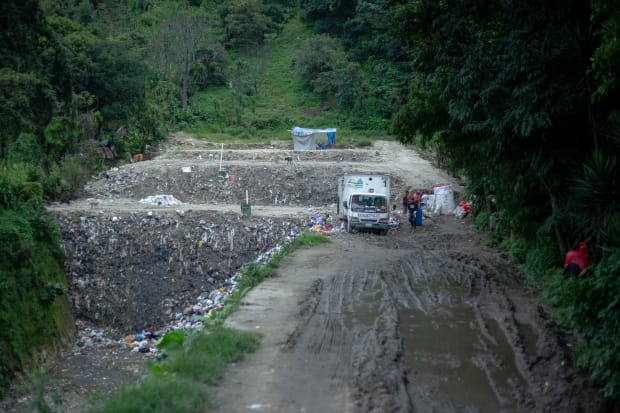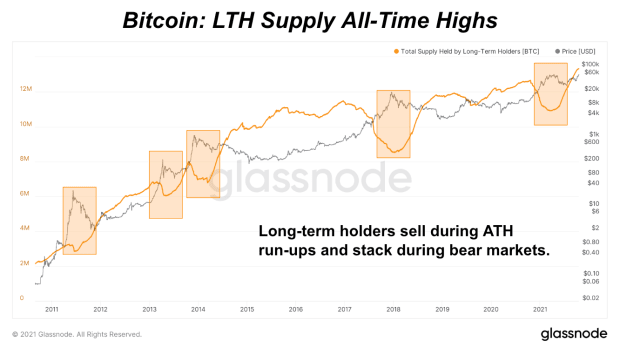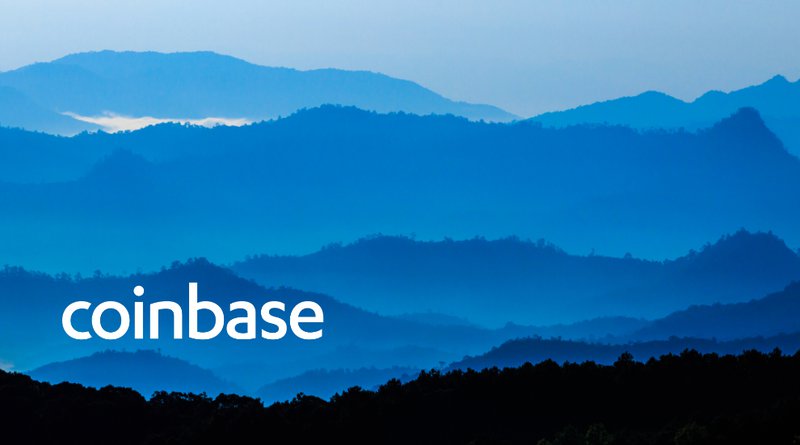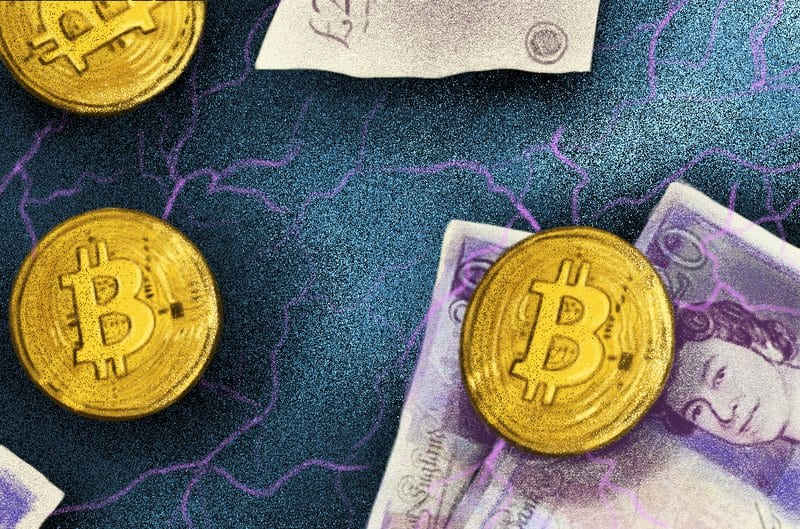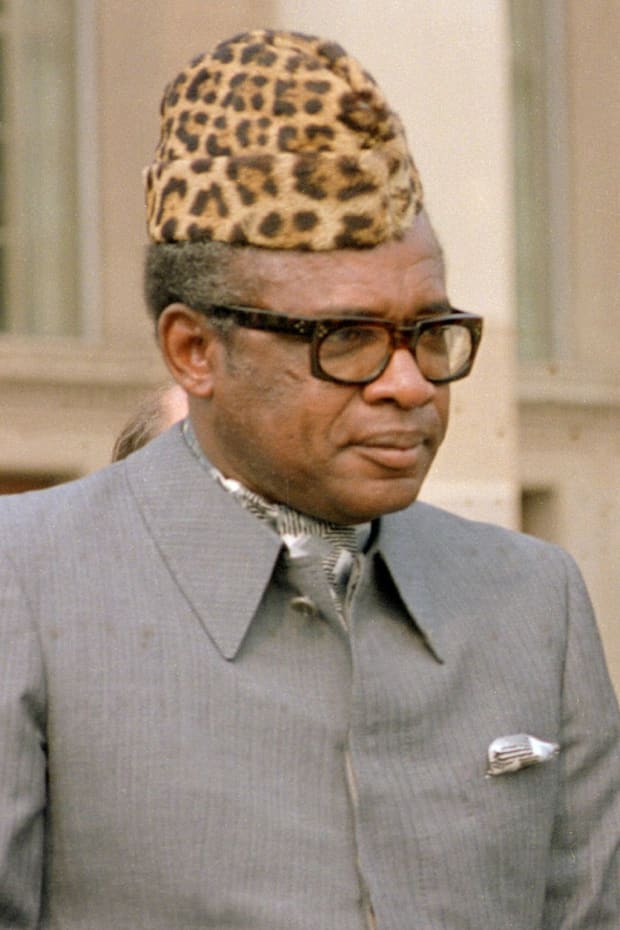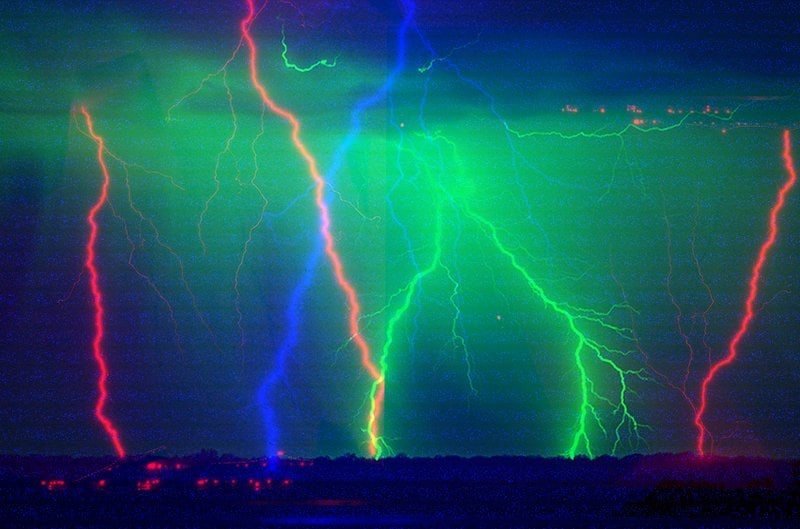Visit The Guatemalan Lake Town Mining Bitcoin With Used Cooking Oil
Inspired by El Salvador’s Bitcoin Beach, a town in Guatemala is focused on cleaning its lake by diverting used cooking oil to bitcoin miners.
A circular bitcoin economy in Guatemala is using resources that would otherwise be wasted to fuel a local bitcoin mining operation, giving its resident financial autonomy and demonstrating a viable economic path outside of the government-controlled economy.
Patrick Melder, MD, founder of the circular economy coined “Bitcoin Lake,” told Bitcoin Magazine that its “Kaboom” bitcoin mining project is the result of a desire to help clean nearby Lake Atitlán while providing a source of continuous income to the community.
“We don’t have any major endowment or donations to do what we are doing,” he said, underscoring a stark difference with El Salvador’s Bitcoin Beach, which was established in part thanks to a donation. “Bitcoin mining was a way to get bitcoin flowing into the community.”
Many attempts to clean the lake had been made before this project, most of which suffered from a flaw of trying to solve everything at once. According to Melder, an overhaul approach increases complexity and ends up reducing the likelihood of completion.
“Within the past five years, a major effort to clean the lake costing upwards of $300 million failed because it was so complex with so many large stakeholders who couldn’t agree on a solution,” he added.
Bitcoin Lake took a different approach by starting small with the repurposing of used cooking oil to power bitcoin mining ASICs.
“This cooking oil would either be thrown out into the street or find its way to the landfill which sits several hundred feet above Lake Atitlán,” Melder explained. “Either way, it would find its way into the watershed and into the lake.”
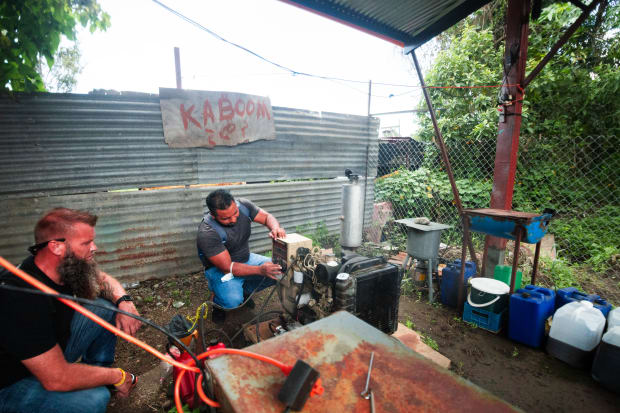
By kickstarting this initiative, Melder said he expects to trigger a snowball effect in neighboring communities as they realize cleaning the environment can not only be feasible but also profitable.
“All community leaders and the citizens of the lake are concerned about the environment but there are limited tools and resources to tackle the problem. So our goal is to create a ‘sliding scale’ use of wasted/stranded energy to mine bitcoin and in the process clean the lake and create wealth in the communities. It’s a sliding scale because in one small community, we may simply have a ‘Kaboom-like’ project or we may have small bio-digesters collecting waste.”
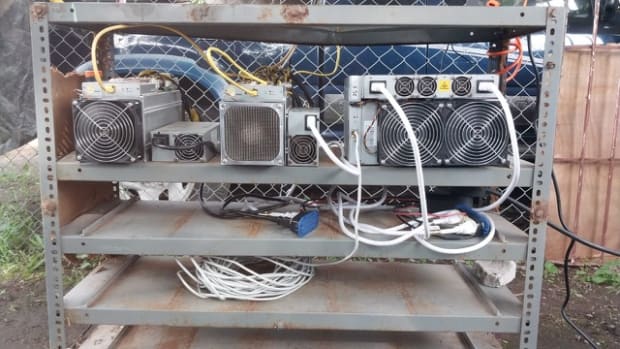
Beyond Mining
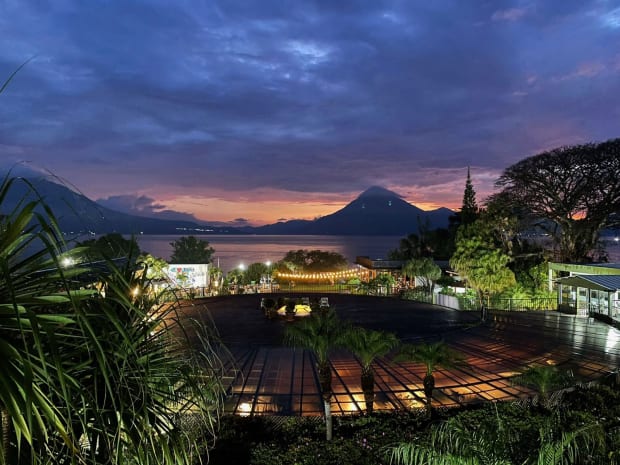
Melder used to travel with his family to the city of Panajachel, Guatemala, every summer during his daughters’ undergraduate school years, but after they graduated from college, those trips to the Central American country came to an end. However, Melder and his wife kept seeking ways to come back. It wasn’t too long until he found out about Bitcoin Beach in El Salvador, which ultimately inspired him to travel once more to Panajachel and start Bitcoin Lake.
“My desire was to bring the Bitcoin Beach model to Panajachel which is a beautiful town on Lake Atitlán in the Guatemalan highlands,” he wrote in a 2021 blog post that detailed his vision for the project.
In addition to cleaning up the lake, Melder detailed in that blog post the other goals that Bitcoin Lake would set out to achieve from the start, including helping a local education center and creating economic opportunities for the “small but vibrant Guatemalan town.” Since then, Bitcoin has been at the forefront of the project’s work.
“Everything we do in the community is related to bitcoin. It is either funded by bitcoin, teaches about bitcoin or is taught or implemented by bitcoiners,” Melder told Bitcoin Magazine. “Our three goals in the community are to teach about bitcoin, create a bitcoin circular economy and clean the environment with bitcoin mining as the economic incentive.”
While Bitcoin Lake tackles the latter, the other two goals have not been sidelined. On the education front, the project has helped introduce Bitcoin-related coursework to the local education center Centro Educativo Josué.
“The children there are taught about every aspect of Bitcoin, from ‘what is money?,’ ‘what is inflation?,’ ‘why bitcoin was created,’ to the basics of bitcoin mining, setting up a bitcoin full node, etc.,” Melder detailed. “We are proud to say that we have been doing this since January of 2022 developing our own curriculum along the way and we’ve had Bitcoiners from around the world come and help.”
The work that began at the local school has since proliferated to a broader audience in the town, Melder said, in an attempt to help folks of all ages learn more about the world of peer-to-peer digital money.
“We’ve held bitcoin educational meetings for adults and business owners in the community and striven to include the indigenous community leaders as well,” he said.
With a better understanding of the technology, adoption is facilitated as users and business owners aren’t caught off guard or coerced into using bitcoin. Rather, a movement begins, naturally.
“Since we’ve started in January of this year, we’ve onboarded over 60 businesses in and around Panajachel, and in Guatemala as a whole we have about 200 businesses that we have onboarded to accept bitcoin,” Melder explained.
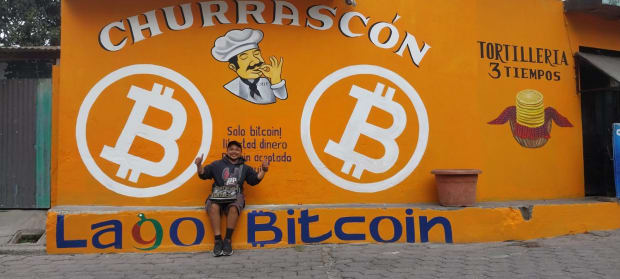
As awareness about Bitcoin grows and adoption keeps increasing, the community is set to keep expanding its initiatives. On the mining front, Melder expects to further develop the repurposing of wasted and stranded resources to increase the community’s steady income and improve the efficiency of the lake’s clean-up even more.
“Our environmental cleanup/Bitcoin mining initiative just started, but will grow to the point in about a year that we can actually take unsorted landfill waste (new or old) and turn it into a clean energy source to mine bitcoin,” Melder forecasted. “We are working with a group out of the U.K. to bring this to life and it will have a major impact in Panajachel and Guatemala as we now have an economic incentive to clean the massive waste issue that exists in Guatemala and in most developing countries. We are proud that we will be first to market with this technology.”
